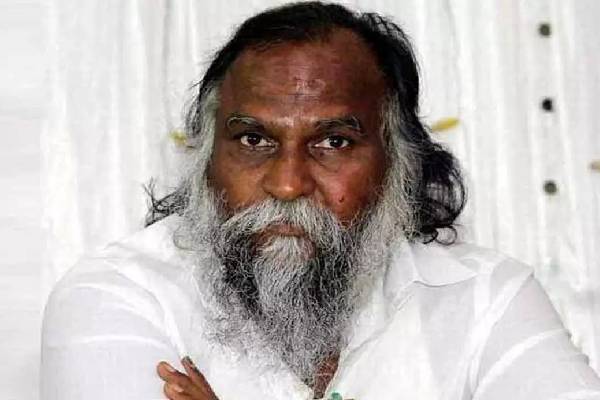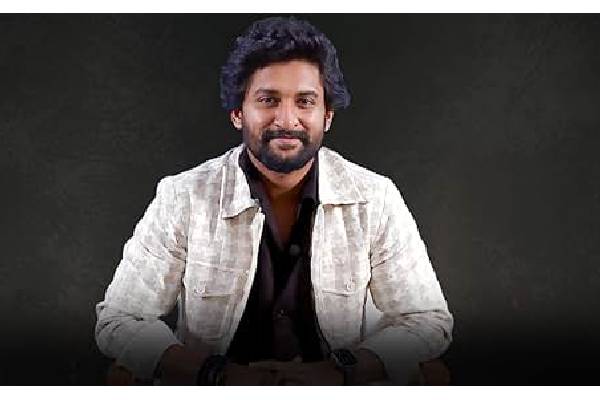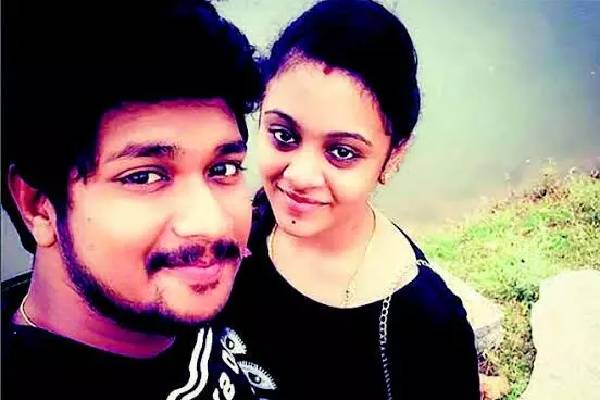When the Marxists were striving to establish their hegemony in West Bengal, one of their favourite targets was the Central Reserve Police (CRP), which they castigated as the centre’s “occupation” force.
Something similar is happening now in the state where the combative Chief Minister, Mamata Banerjee, has decided to take on the Central Bureau of Investigation (CBI) in a head-confrontation on the grounds that it is violating the federal norms by targeting Kolkata’s Police Commissioner in connection with a chit fund scam.
The first phase of this centre-state row involved the Chief Minister sitting on a dharna (a sit-in protest) in the Esplanade area after the CBI officers were prevented from entering the Police Commissioner’s residence by the Kolkata police and taken to a thana.
Since then, the Supreme Court has said that the Commissioner can be questioned by the CBI but not arrested. The verdict has been hailed as a victory by both the centre and the state although it looks like a draw.
But it is the second phase of the scrap between the two sides which is worrisome, for the centre has decided to take disciplinary action against those officers of the Kolkata police who were seen on the stage with Mamata Banerjee during the dharna.
Since these are senior officers of an all-India service, any official reprimand will leave a black mark in their career records.
There is little doubt that both the CBI and the Kolkata police have become the unfortunate victims of a political standoff between two aggressive entities – the centre and the state.
Even if the ostensible reason for the centre to send a CBI team to Kolkata was to probe a scam which had been pending for some time, it might have taken care to ensure that the step did not look like a raid on an accused even if the CBI felt that the commissioner was not cooperating or had even destroyed some of the evidence. A measure of interaction with the state was in order.
The state, too, might have overacted by behaving as if the CBI’s arrival at the commissioner’s residence was tantamount to a violation of its “sovereignty”, but such a huffy response was inevitable in view of the tense political relations between the Bharatiya Janata Party (BJP)-led government at the centre and its opponents in West Bengal.
For both, it was patently a matter of prestige where neither wanted to give the impression that it was yielding any ground.
In addition, there are a number of political considerations. While the centre may have been motivated by a desire to show who is the boss in the context of the state’s repeated attempts to block, usually ineffectively, the BJP’s public rallies, the ruling Trinamool Congress is apparently extra-sensitive about the BJP’s political overtures in view of the belief that the party is gaining ground by replacing the Left and the Congress as the Trinamool Congress’s main adversary.
One of the reasons for the centre’s renewed focus on the chit fund scam was probably to inconvenience Mamata Banerjee at a time when she is emerging as a focal point of the opposition alliance against the BJP as the recent rally of 22 non-BJP parties in Kolkata showed.
However, irrespective of whether there is any truth in the perception that the BJP is using the investigative agencies, as its predecessors did, to harass the political critics, a fallout of such acts can be to give a handle to a state-level ruling party.
It is one thing for the agencies to question P. Chidambaram or Robert Vadra since they are not associated with a ruling party in a state, and quite another for a fairly large contingent from Delhi to descend on a state capital in search of a high officer who was earlier said to be missing.
There is little doubt that Mamata Banerjee will make substantial political capital by describing the episode as an assault on the state’s dignity. From this aspect, the political gains which the BJP was making cannot but suffer a setback.
Up until now, Mamata Banerjee had been somewhat on the defensive on several counts. One was the lawlessness which was witnessed during the panchayat polls when a large number of opposition candidates could not file their nominations. The incidents undermined her claims to be a national leader capable of leading the anti-BJP mahagathbandhan (grand alliance).
The other was her seemingly pronounced pro-Muslim stance to keep the minority community, which comprises about 30 per cent of the population, in good humour.
It is no secret, however, that nothing helps a state more than the belief that the centre is out to browbeat it. The Bengalis are no less prone to this kind of parochialism than any other community.
Besides, in Mamata Banerjee, they have a leader who is known as a doughty street-fighter. She routed the Marxists with her belligerence and will not step back from a skirmish with the centre. The BJP may rue, therefore, the CBI’s peremptory action in Kolkata.
(Amulya Ganguli is a political analyst. The views expressed are personal. He can be reached at amulyaganguli@gmail.com)

































